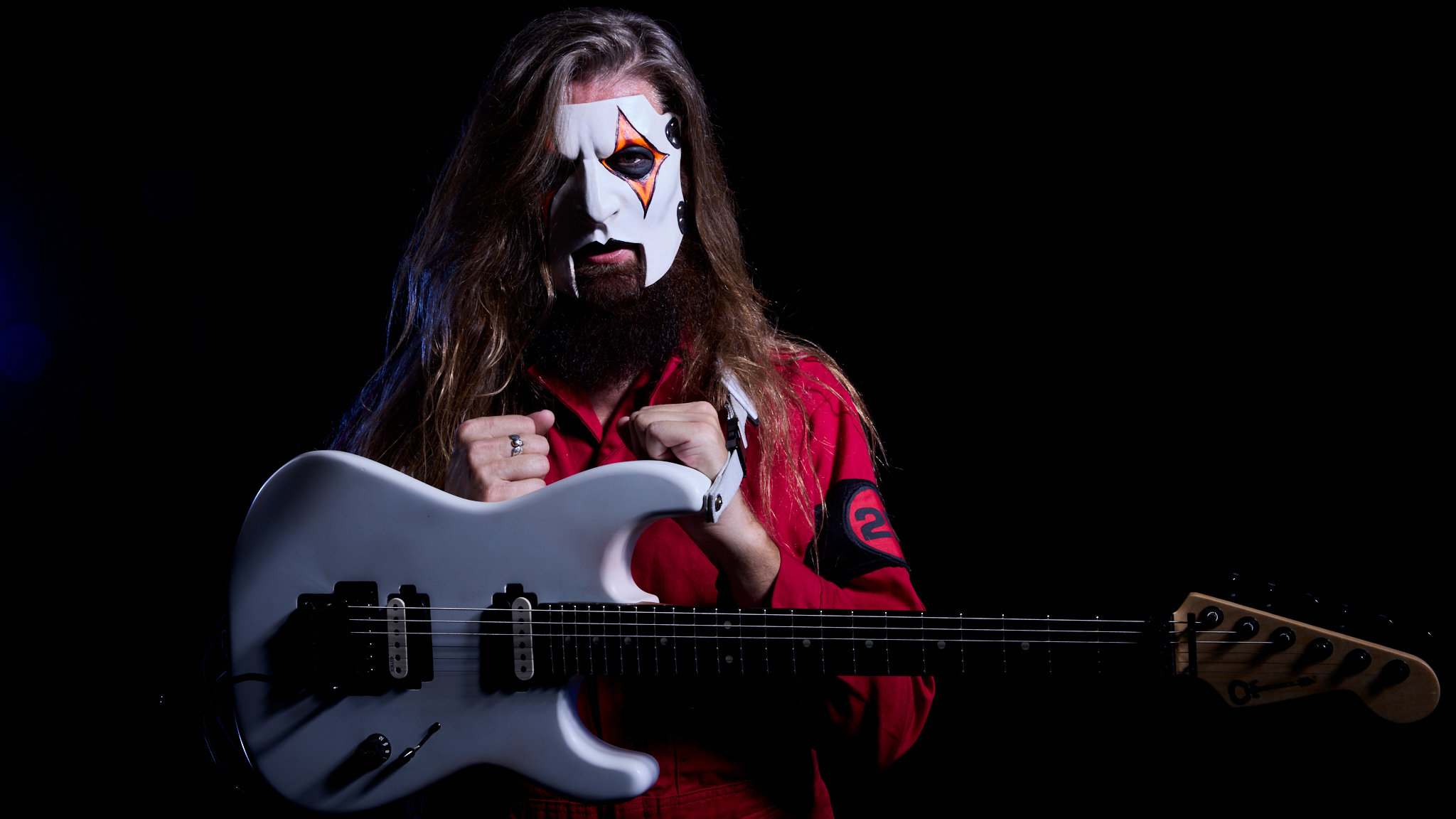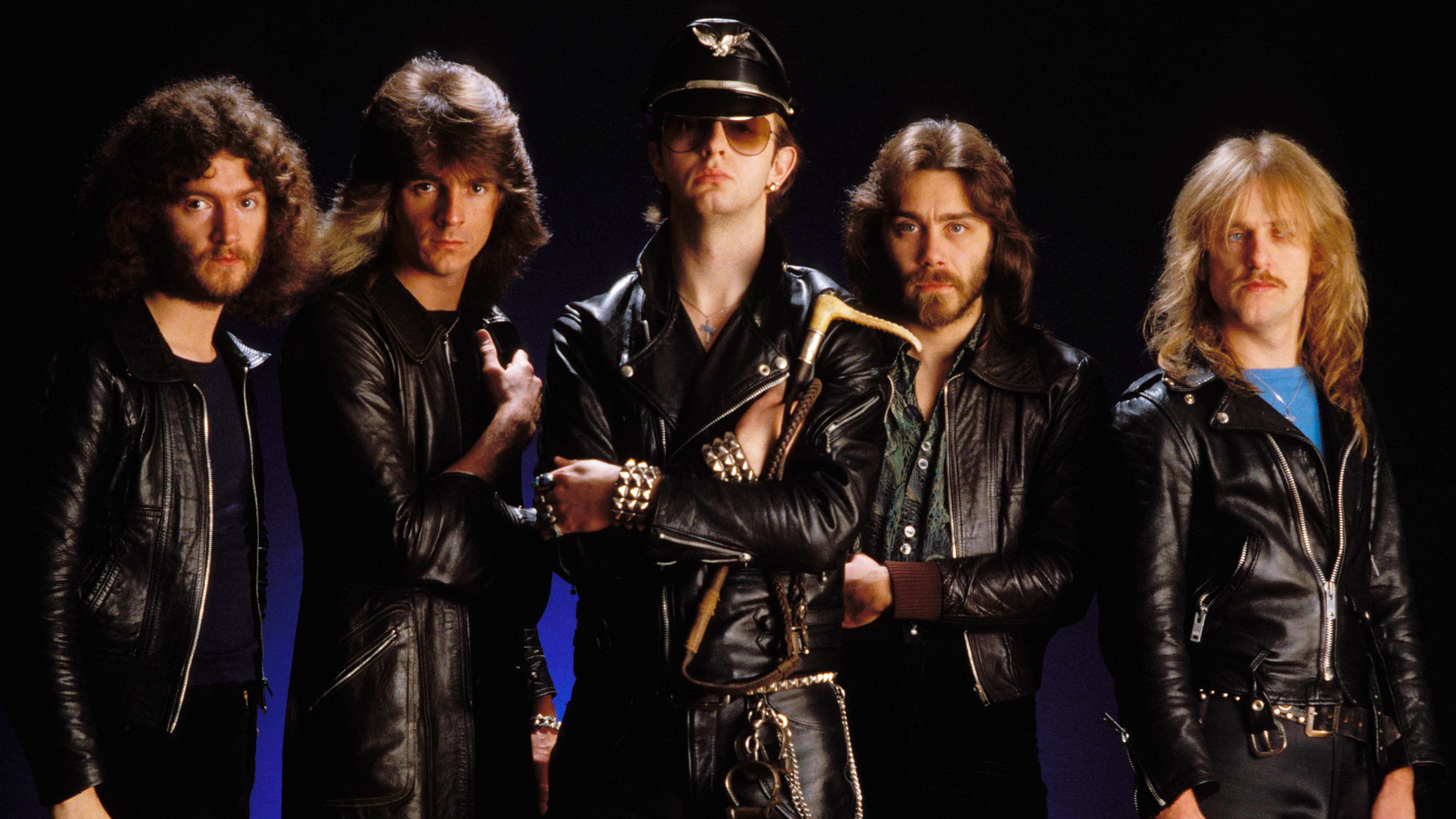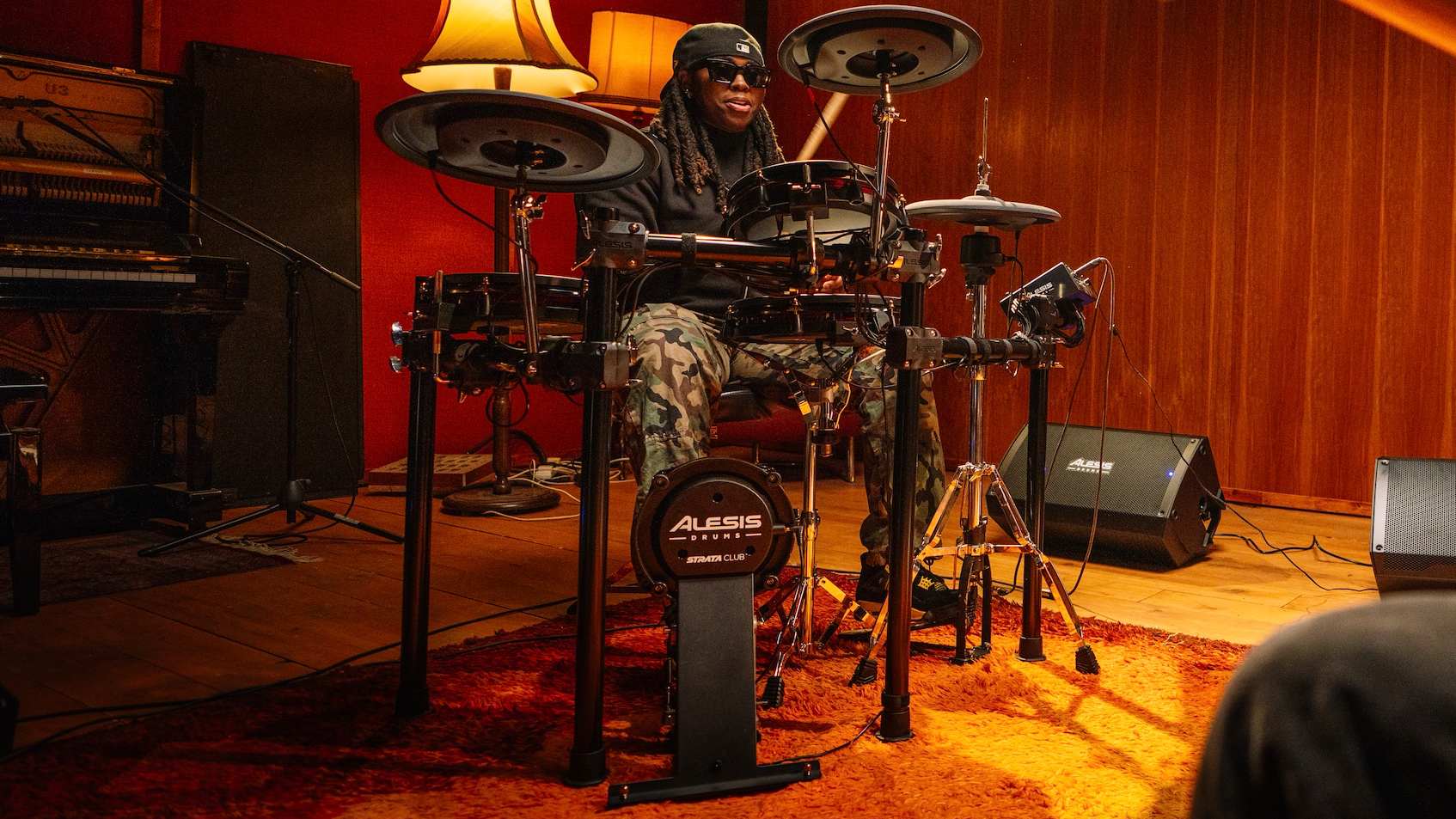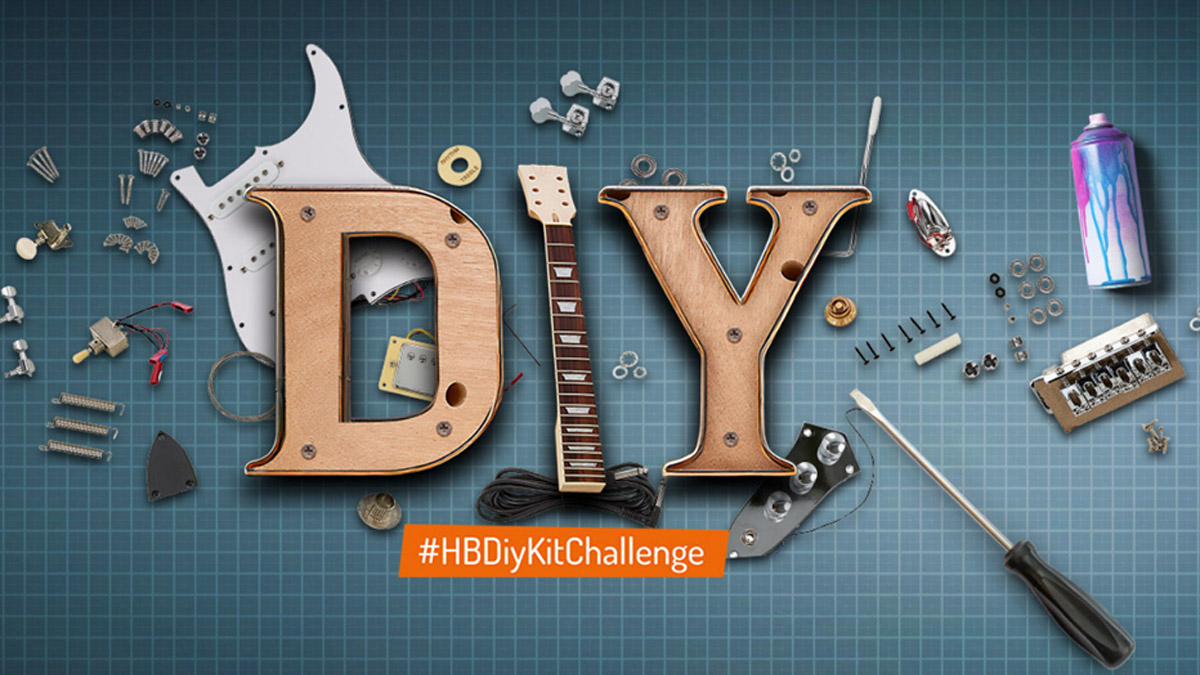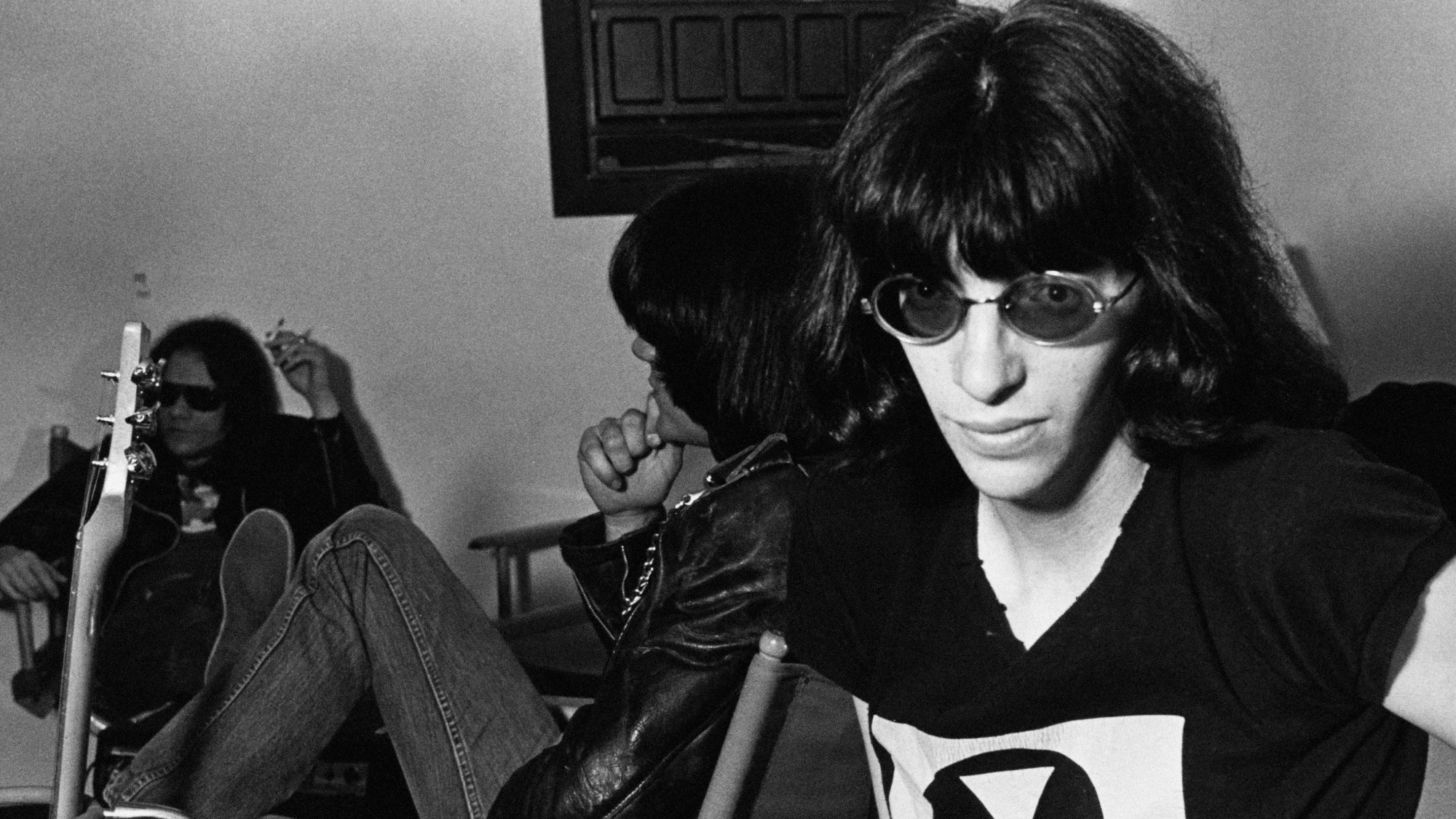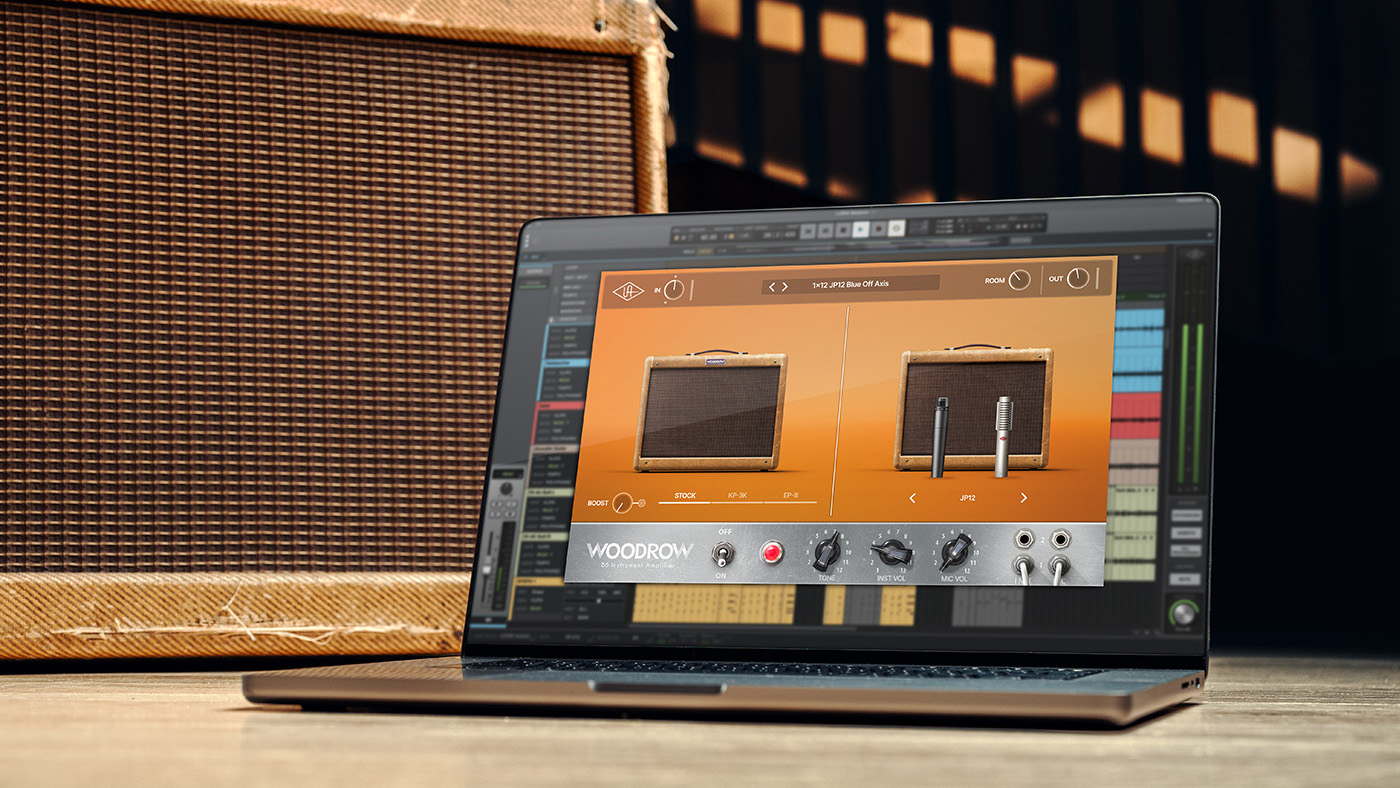Nabihah Iqbal: "I got a vintage harmonium in Karachi. It’s the most ‘analogue’ synth you can get"
The Ninja Tune artist on how a run of setbacks helped her shake up her workflow for the creation of excellent new album Dreamer
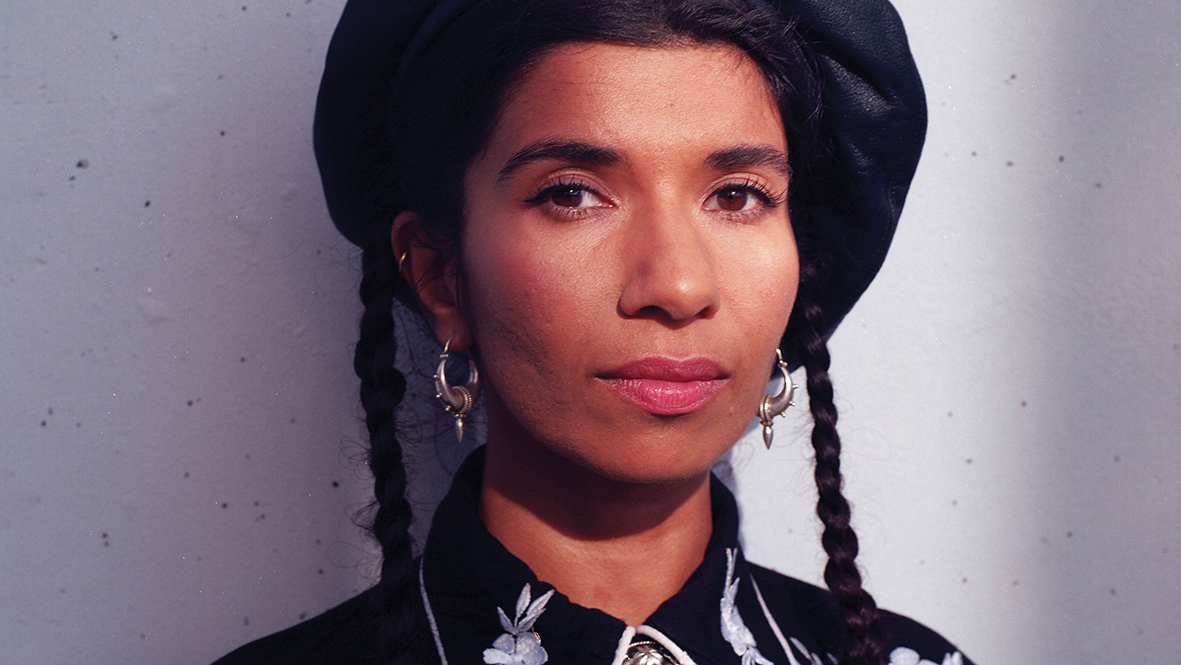
British musician Nabihah Iqbal first made a name for herself under the moniker Throwing Shade, releasing a string of eclectic dancefloor-orientated tracks on labels such as Ninja Tune and Kassem Mosse’s Ominira imprint.
However, for her 2017 debut, Weighing Of The Heart, Iqbal ditched that alias in order to create a more personal record that leaned more towards the influence of ’80s post-punk as well as her own Pakistani heritage.
Nabihah Iqbal is a woman of many talents and a prolific work-rate. Between albums she has collaborated with renowned photographer Wolfgang Tillmans and Chinese artist Zhang Ding, as well as being commissioned to create music for the Turner prize. She also host a regular radio show on NTS as well as regularly appearing on stations including 6Music, Radio 1 and Asian Network.
As a musician, Iqbal’s creative skills cover production, synthesis, guitar playing and her own vocals, all of which have played a role in the creation of her long awaited second LP, Dreamer. The album – a second attempt at the follow-up record – sees Iqbal leaning further into her varied influences as well as exploring a widened mix of instrumentation, including sitars and a harmonium purchased on an extended stay in Pakistan.
We met up with Iqbal in her London studio to find out more about Dreamer. Watch the videos below to hear Iqbal talk us through about the album’s troubled gestation and illuminate her creative process.
You’ve faced a few challenges in creating this follow-up to your debut album…
“Yeah, it’s been quite a long time between the last album and this one. It feels like there was a lot of obstacles, to be honest, but one of the biggest was definitely the studio burglary. That happened at the beginning of 2020. I lost two years’ worth of work in that. I definitely learned the hard way about backing up! That was quite intense.”
Get the MusicRadar Newsletter
Want all the hottest music and gear news, reviews, deals, features and more, direct to your inbox? Sign up here.
How much material did you lose?
“Almost an album’s worth. I mean, it wasn’t finished. But there was a lot of work there. Anyone who’s lost any work, whether it’s an essay, or music, or photos, or whatever, they know the feeling. At the time everyone was like ‘maybe it happened for a reason’. They kept saying that to me. But now looking back on it, because I started again from scratch: yeah, completely. And the music’s really different this time around. So maybe it was for the best.”
How long did it take you to get back into the swing of work after losing that album?
“I didn’t get straight back on it. Basically the day after the burglary, I was in my studio with a forensic police officer taking fingerprints, and then my grandma FaceTimed me crying as my granddad, who’s my favourite person in the world, had a brain haemorrhage in Pakistan. Suddenly, I wasn’t even thinking about the burglary anymore. I just booked a flight and left the next day to go to Pakistan. I was actually supposed to go for two weeks, but it ended up being two months because of lockdown.”
You couldn’t get back to the UK at that time?
“Everything shut down there as well, so we couldn’t get back. It was actually a blessing in disguise for us. Because at that time, I was feeling really ill from burnout from too much touring. Being there in good weather with good food, spending time with my grandparents and just resting made me recover. Obviously, not having any of my music equipment, there was no way that I could have got straight back on it. But then my granddad was just like, ‘Look, you have to just carry on. There’s no point thinking about it now, it’s already happened.’
“I didn’t actually know when I was going to come home. I’ve never had that feeling before being abroad, and just having no idea when I could come back. I bought a guitar out there, just an acoustic guitar from a music shop. That’s all I had. I was just messing around making voice note recordings on my phone. Some of those really skeletal ideas have actually been evolved and evolved into tracks that are now on the record. It’s kind of crazy. It was a very different approach.”
So when did you eventually get back to the UK?
“I was there for two months. I got back at the end of April, beginning of May 2020.”
Was that when you made a proper start on the album?
“Well, no – it took a while. I got back, but I still had to buy another computer and had no gigs or anything. I had to save up to get another computer again. During that, I actually changed my approach because I was thinking, I don’t want to feel like this again – I’d lost my work and I can’t even really remember all the things I was doing.
All I did for ages was just use a guitar, or my harmonium and then either recording things on my phone or a loop pedal. I was working on ideas that way for ages
“After that, all I did for ages was just use a guitar, or my harmonium and then either recording things on my phone or a loop pedal. I was working on ideas that way for ages and just letting the different ideas evolve and develop, rather than going straight on a computer and building tracks up that way.”
Was that how the first album was made, primarily writing on the computer?
“It was more electronic. If you’re a producer, that tends to be the default approach – you go in the studio and start recording things into Ableton or Logic or wherever you’re using. Then when you come across something good you’re like, ‘Okay, that’s the foundation of this track. And now I’m going to build up.’ I kind of think I was forced into that. I actually really like this approach now of saying, I’m not going to record anything into the computer for ages. Even if it’s for a year or something.”
How different is Dreamer from the album you were working on before the burglary?
“It’s pretty different. The stuff I lost was a lot more ambient, with more guitar loop stuff. It was more meditative. Some of that feeling has definitely made it onto the new album. But then also, there’s like, really fast tracks on it as well. It’s more of a mixture between guitars and electronics.”
Tell us about the harmonium you used on the album. Was that an instrument you specifically sought out or did you just happen to find one?
“I was specifically looking for one because I’d been thinking for quite a while about getting a harmonium. It’s just an interesting instrument. Actually, I was listening to this interview on the radio with Sharon Van Etten and she was talking about how playing on the harmonium really helped her to figure out her voice. That made me think of a lot of classical singers in Pakistan who also use the harmonium as an accompaniment.
“I wouldn’t say that I’m ‘a singer’, if you know what I mean, I just use my voice, but it got me thinking that maybe I should try getting a harmonium and seeing how I can interact with that instrument. That was in 2018, and I finally got one in 2020.”
Did you immediately click with it?
“Yeah, I think I clicked with it just because you can create some really nice, droney sounds. It’s the most ‘analogue’ synth you can get, really. The one I’ve got has this contraption where you can change the airflow and it acts like a filter. It’s a really nice vintage one, actually. I got it in old Karachi at this really cool old music shop.”
You created the album in a few different studios…
“After all the stuff that I went through in 2020 and 2021, I was finding it quite hard to concentrate in my studio here in central London. There’s loads of people around. It’s really easy for every day to get filled with other stuff like admin, Zoom meetings, or radio prep, and all these other things. You can’t just make a song if you’ve got a spare hour.
“So I was just feeling quite frustrated by that whole situation. I felt like I needed to be somewhere where I could just immerse myself in the music and not have to think about anything else. I went away to work on a few artist residencies. Twice to a place in Scotland called Cove Park, and then twice to a place in Suffolk, The Red House. Most of the writing was done there.”
Tell us about your DJ setup?
“I enjoy playing a mixture of both vinyl and digital tracks. So for my setup, I usually have two CDJs, two turntables and a mixer. For nights that I put on myself, I also have a mic because it’s nice to interact with the audience a little bit.
“I think the thing that attracts people to my DJ sets is that it’s all about mixing things up. There’s not one or two specific genres that I stick to, just because I think there’s so much good music out there. There are a lot of things that you can move your body to that may not necessarily be what comes into your head when you think of dancing in a club.
Lately, I’ve been doing this mix of Kylie Minogue’s Can’t Get You Out Of My Head – which is obviously a banger – with this Arabic traditional dance track
“I like being adventurous and inventive with mixes as well, like often mixing two things together that you wouldn’t normally put together. Like, lately, I’ve been doing this mix of Kylie Minogue’s Can’t Get You Out Of My Head – which is obviously a banger – and then mixing it in with this Arabic traditional dance track with loads of drums. They just work so well.
“It’s nice, every once in a while, to play something that’s quite familiar to the audience because it gets their attention, but then just throw in something else that they weren’t expecting. The main thing is to make people feel good, right? When you’re DJing, you want people to feel good, you want them to dance, you want them to just like, have an amazing experience on the dance floor. So as the DJ, that’s your job. And that’s what I try and do every time.”


I'm the Managing Editor of Music Technology at MusicRadar and former Editor-in-Chief of Future Music, Computer Music and Electronic Musician. I've been messing around with music tech in various forms for over two decades. I've also spent the last 10 years forgetting how to play guitar. Find me in the chillout room at raves complaining that it's past my bedtime.



